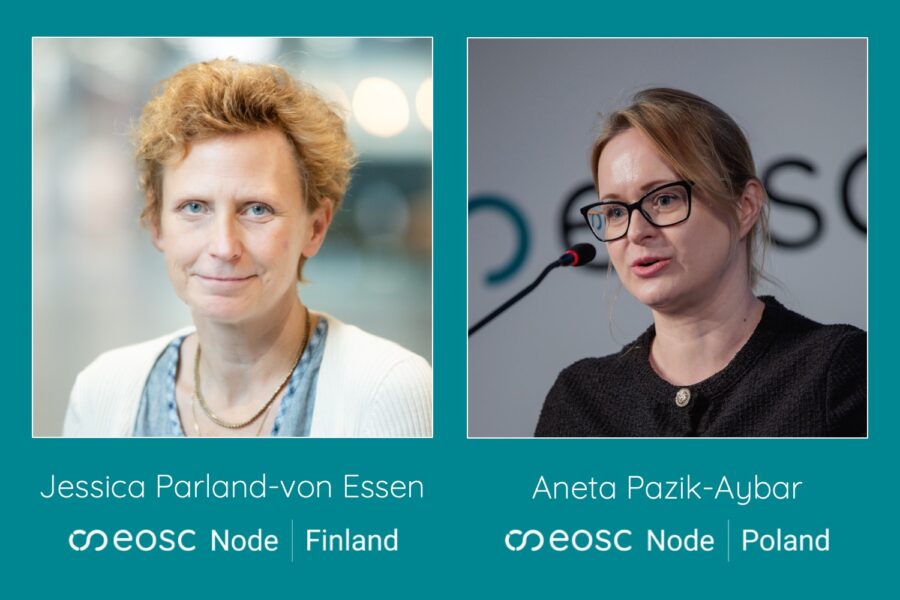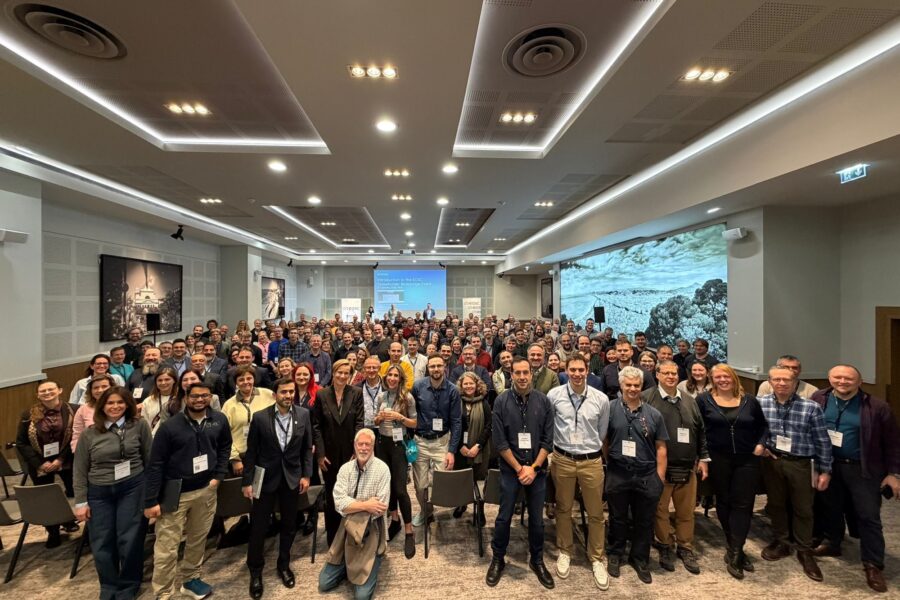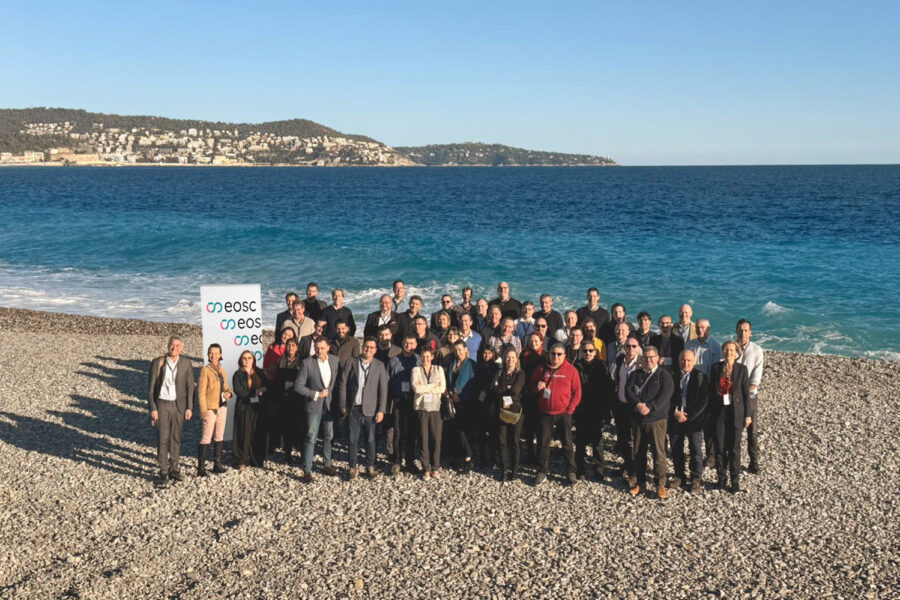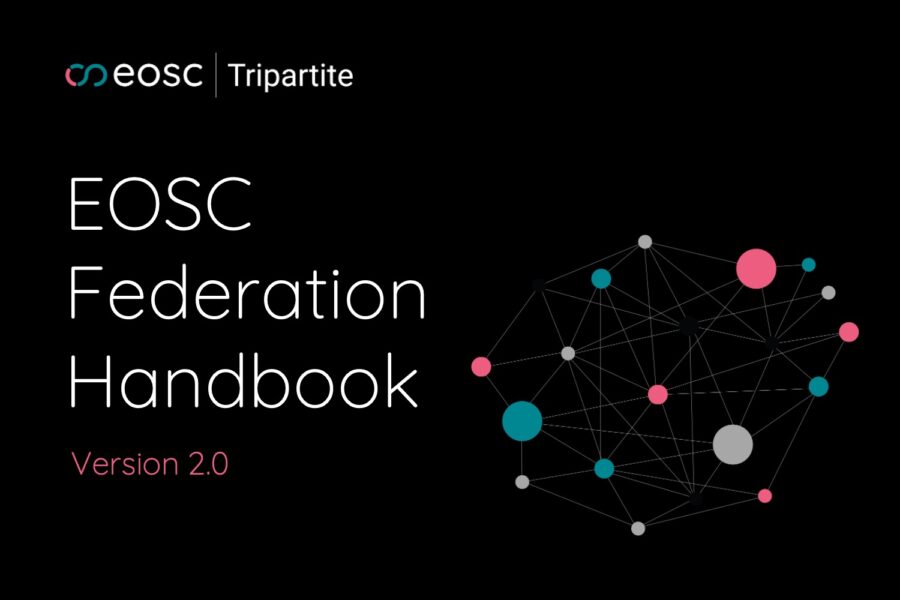DUBLIN—The National Open Research Festival (NORFest), organised by the National Open Research Forum (NORF) on 02-03 November 2023, at the Royal Irish Academy, showcased a dynamic program focused on open research and open science. The festival covered topics such as research assessment, data stewardship, open access, FAIR research, and more.
This national event brought together stakeholders, experts, research funding organisations, and research performing institutions. It also served as the backdrop for the second National Tripartite Event (NTE) in Ireland, building on the success of the inaugural NTE in September 2022. This year’s NTE centred on the alignment of Open Science strategies at both national and European levels, with a specific focus on EOSC node(s). The NTE presented a unique opportunity for participants to delve into the intricacies of this essential concept and explore how it could build the cohesiveness of research infrastructures in Ireland and Europe.
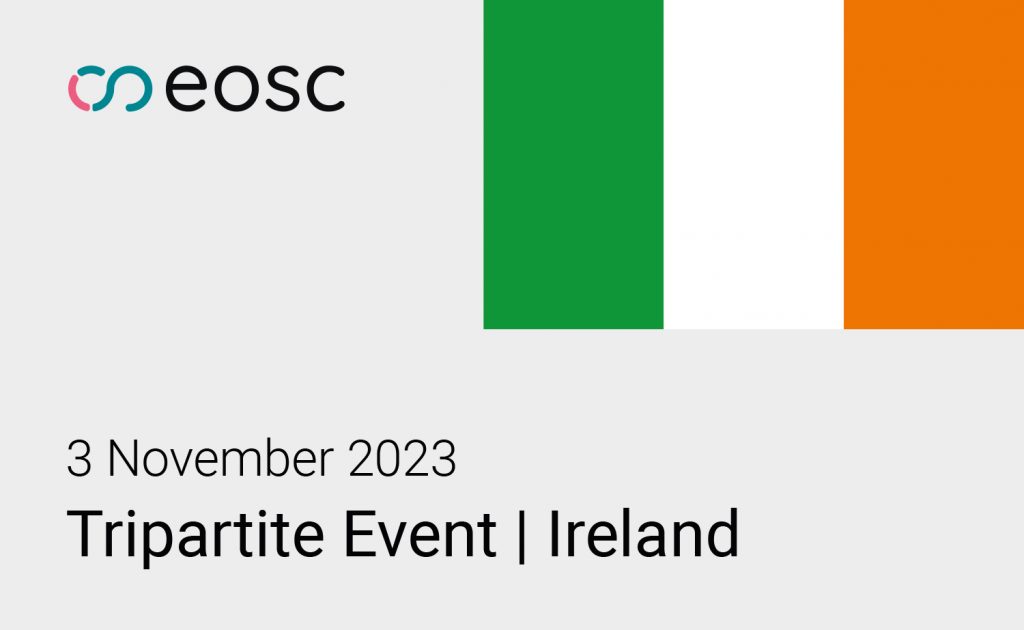
EOSC in Ireland
The NTE was inaugurated with an introduction by Paddy Howard, representing the Department of Further and Higher Education, Research, Innovation, and Science (DFHERIS), setting the stage for a collaborative and forward-thinking event.
Roberto Sabatino, EOSC Steering Board member and representative for the EOSC-A Mandated Organisation HEAnet, presented the National Action Plan for 2022 and 2023. As HEAnet is the sole Irish member in EOSC-A, Roberto stressed the importance of feedback and input from participants during the NTE session on EOSC-related topics.
Sara Garavelli, member of the Board of Directors of the EOSC Association (EOSC-A), provided fresh insights into the Association’s strategy. She highlighted the priorities outlined in the Multi-Annual Roadmap (MAR) for 2025-2027, updates as a part of the EOSC Partnership’s Strategic Research and Innovation Agenda (SRIA) through a bottom-up approach involving EOSC-A members. Garavelli also introduced the concept of EOSC node(s), a pivotal element for unifying existing research infrastructures across Europe. The European EOSC node should act as a blueprint, or “reference node”, for all other national, regional, and thematic nodes to further the federation.
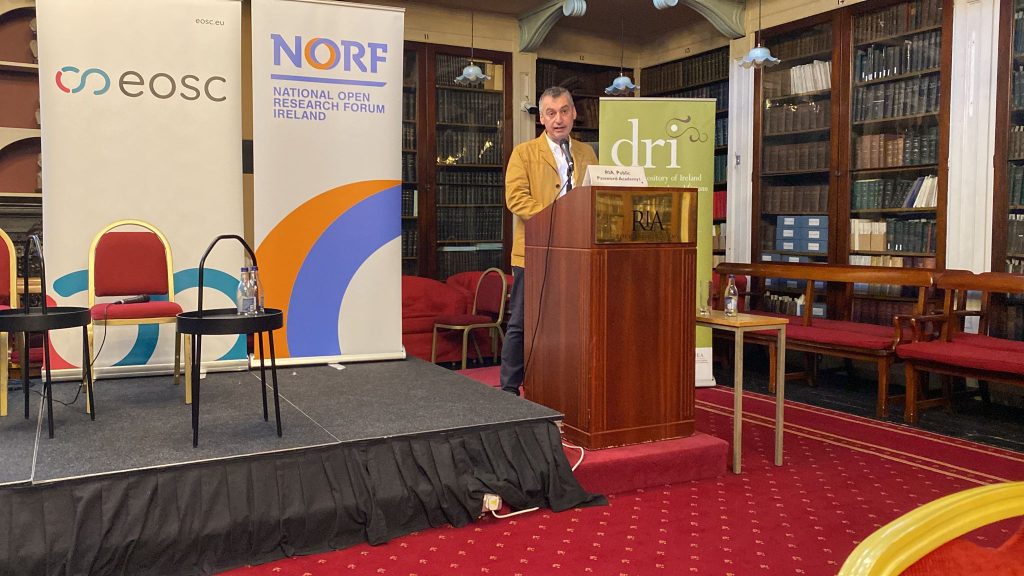
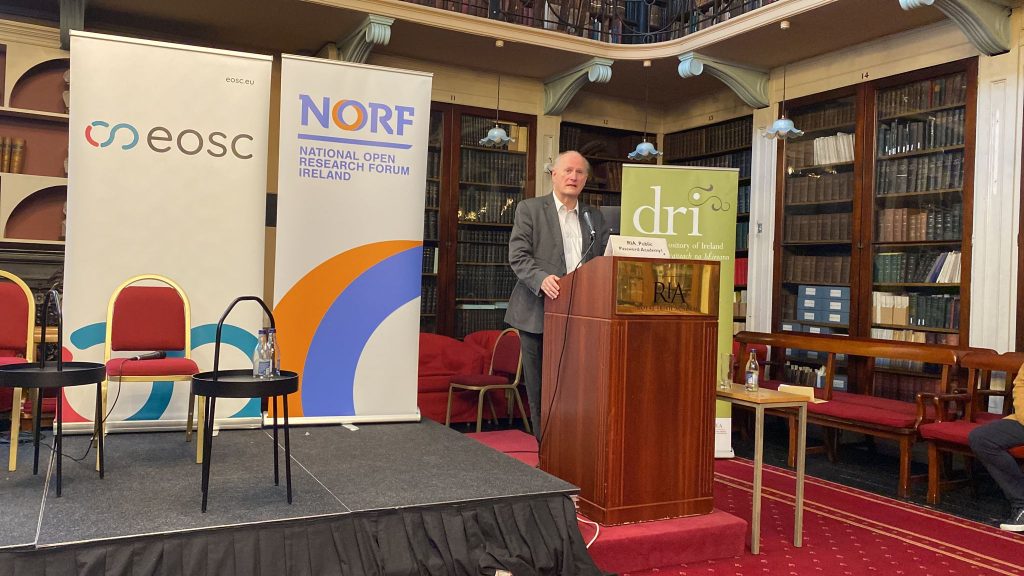
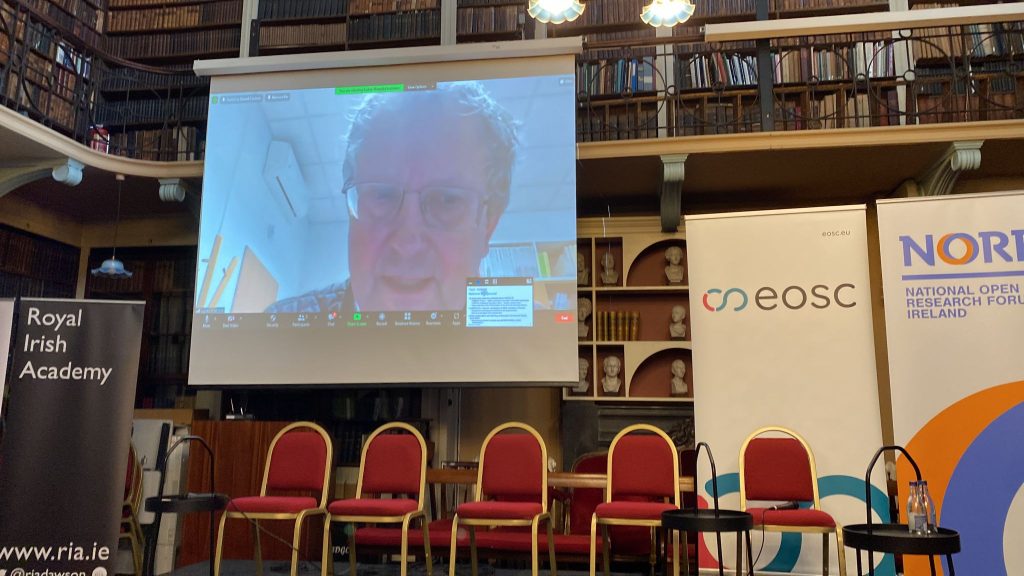
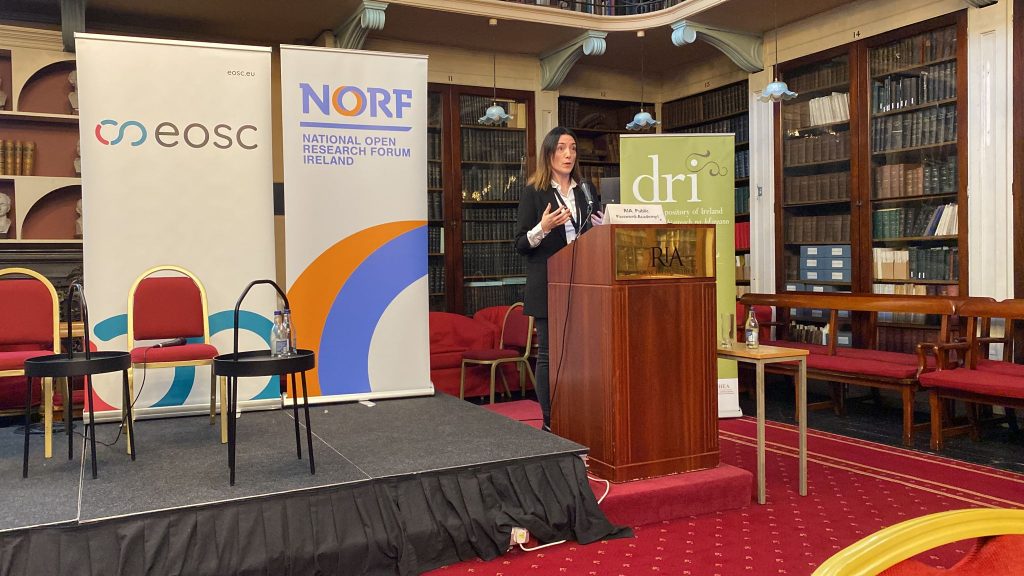
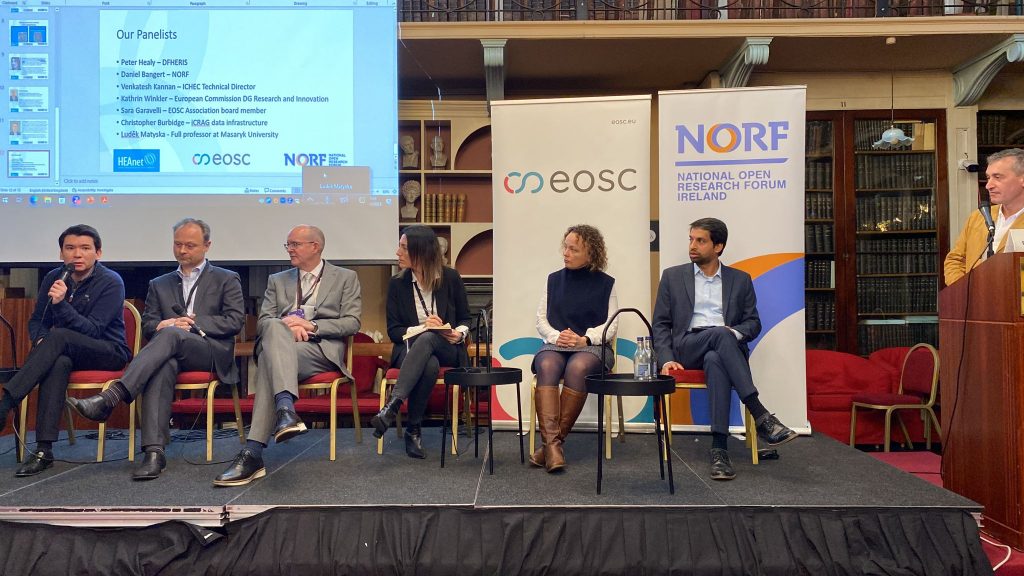
Trading national perspectives
On the national front, the NTE offered a platform for voices from Irish-based data infrastructure, with Chris Burbidge from Science Foundation Ireland (SFI iCRAG) sharing the organisation’s perspective.
Ludek Matyska of CESNET, and representing EOSC-CZ, offered an international perspective, sharing insights on the Czech Republic’s progress in the field of Open Science. EOSC-CZ focuses on caring for FAIR research data through the creation of a national data infrastructure (NDI) where data producing scientists can store and find the required data. Various working groups and projects will help with the implementation.
Aligning national and European actions
A significant part of the event centred around a panel discussion focussed on aligning national actions with the EOSC Partnership’s MAR and SRIA, identifying gaps, and formulating strategies to address them. The panel was moderated by Roberto Sabatino from HEAnet.
The panellists, including Peter Healy (DFHERIS), Kathrin Winkler (European Commission), Daniel Bangert (NORF), Venkatesh Kannan (Irish Centre for High-End Computing – ICHEC), Sara Garavelli (EOSC-A), Ludek Matyska (EOSC-CZ), and Chris Burbidge (SFI iCRAG), engaged in discussions on how national actions can be effectively integrated into the broader European Open Science landscape. They also explored the specific role that Ireland can play in establishing their nodes and the key stakeholders who should be involved in this initiative.
As the NTE at NORFest 2023 concluded, it left attendees with a sense of anticipation and determination, underlining the need for ongoing collaboration, innovation, and dedicated efforts to realise a vibrant and interconnected research infrastructure in Ireland. The EOSC node(s) are expected to play a significant role in shaping the future of Irish research and strengthening its position in the European research community.


